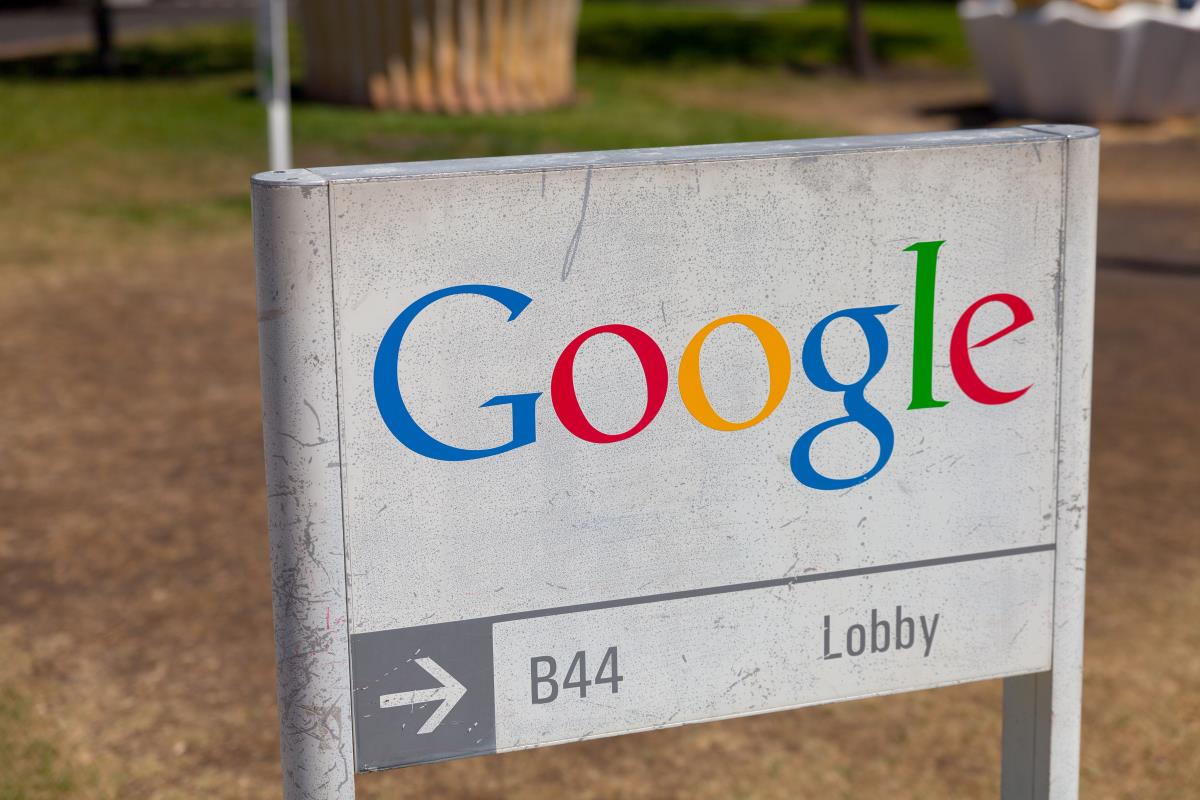Arizona sues Google for illegally tracking location data for Android users
06/01/2020 / By Franz Walker

The state of Arizona filed a consumer fraud lawsuit against Google on Wednesday. According to Arizona Attorney General Mark Brnovich, the company illegally tracked Android users’ location data without their consent.
According to the complaint, Google continues to keep location data running in the background for certain features even after users have disabled app-specific location tracking. These include features such as web searches using its search engine and web browsing with Chrome. Users would have to go into Android’s system settings and to turn off broader system-level tracking to stop Google from gathering location data.
“Google collects detailed information about its users, including their physical locations, to target users for advertising. Often, this is done without the users’ consent or knowledge,” Brnovich said in a tweet on Wednesday.
Today we filed a consumer fraud lawsuit against Google for deceptive and unfair practices used to obtain users’ location data, which Google then exploits for its lucrative advertising business.
— Mark Brnovich (@GeneralBrnovich) May 27, 2020
Google makes it hard to opt out of data gathering
Brnovich’s suit argues that the maker of the Android smartphone operating system had designed it in such a way that it deceives device owners about the protections afforded to their personal data. He states that Google continues to find misleading ways to obtain information that it can use for profit, even after consumers try to opt out of data collection.
In his suit, Brnovich is asking the court to force Google to pay back profits it may have earned from monetizing user data it has gathered through ads served to Arizona residents. He pointed out that about $135 billion, or 80 percent of the $161 billion that the company made last year, came from advertising.
In addition, Arizona’s anti-fraud laws might also subject Google to a $10,000 fine per violation.
“At some point, people or companies that have a lot of money think they can do whatever the hell they want to do, and feel like they are above the law,” stated Brnovich in an interview. “I wanted Google to get the message that Arizona has a state consumer fraud act. They may be the most innovative company in the world, but that doesn’t mean they’re above the law.”
Responding to Brnovich’s suit, Google pointed out that it had always built privacy features into their products. It said that these features afforded users “robust” controls over their location data.
“The Attorney General and the contingency fee lawyers filing this lawsuit appear to have mischaracterized our services,” said a Google spokesman in a statement given to The Verge.” We have always built privacy features into our products and provided robust controls for location data. We look forward to setting the record straight.”
Google running into trouble with the government
This isn’t the first time that Google has found itself embroiled in controversy and legal action over its supposedly shady practices. Over the years, the company has responded to privacy concerns with various stopgap measures, including making it easier to delete location data and crack down on offensive third-party apps that track data without consent.
For the most part, these efforts to improve privacy protections and the various settings users need to monitor and adjust to ensure they’re not being tracked remain complex and confusing to average users. At times, it can seem impossible to keep tabs on just how much Google knows about its users and what sources of data it maintains.
In the European Union, anti-trust enforcement has resulted in the company having to pay multi-billion dollar fines over the past decade. The latest fine, which was levied in March of 2019, forced Google to pay about $1.6 billion, bringing the total amount that they’ve paid to the E.U. in fines to $9.3 billion.
Politicians and law enforcement in the U.S. have since followed suit, engaging in a broad and coordinated effort across the Federal Trade Commission, the Department of Justice and state legislators to rein in tech companies and enforce anti-trust and privacy laws, among others. These are rules that companies like Google have largely flouted, as policymakers and law enforcement failed to keep up with the pace of technological change and these companies’ ability to skirt regulation and exploit loopholes.
Sources include:
Tagged Under: Alphabet Inc., Android, Arizona, badtech, Big Tech, Cell Phone Dangers, data gathering, evil, Glitch, Google, government, information technology, law, litigation, privacy, surveillance, tech giants, technology, Twisted
RECENT NEWS & ARTICLES
COPYRIGHT © 2017 GLITCH.NEWS
All content posted on this site is protected under Free Speech. Glitch.news is not responsible for content written by contributing authors. The information on this site is provided for educational and entertainment purposes only. It is not intended as a substitute for professional advice of any kind. Glitch.news assumes no responsibility for the use or misuse of this material. All trademarks, registered trademarks and service marks mentioned on this site are the property of their respective owners.

















